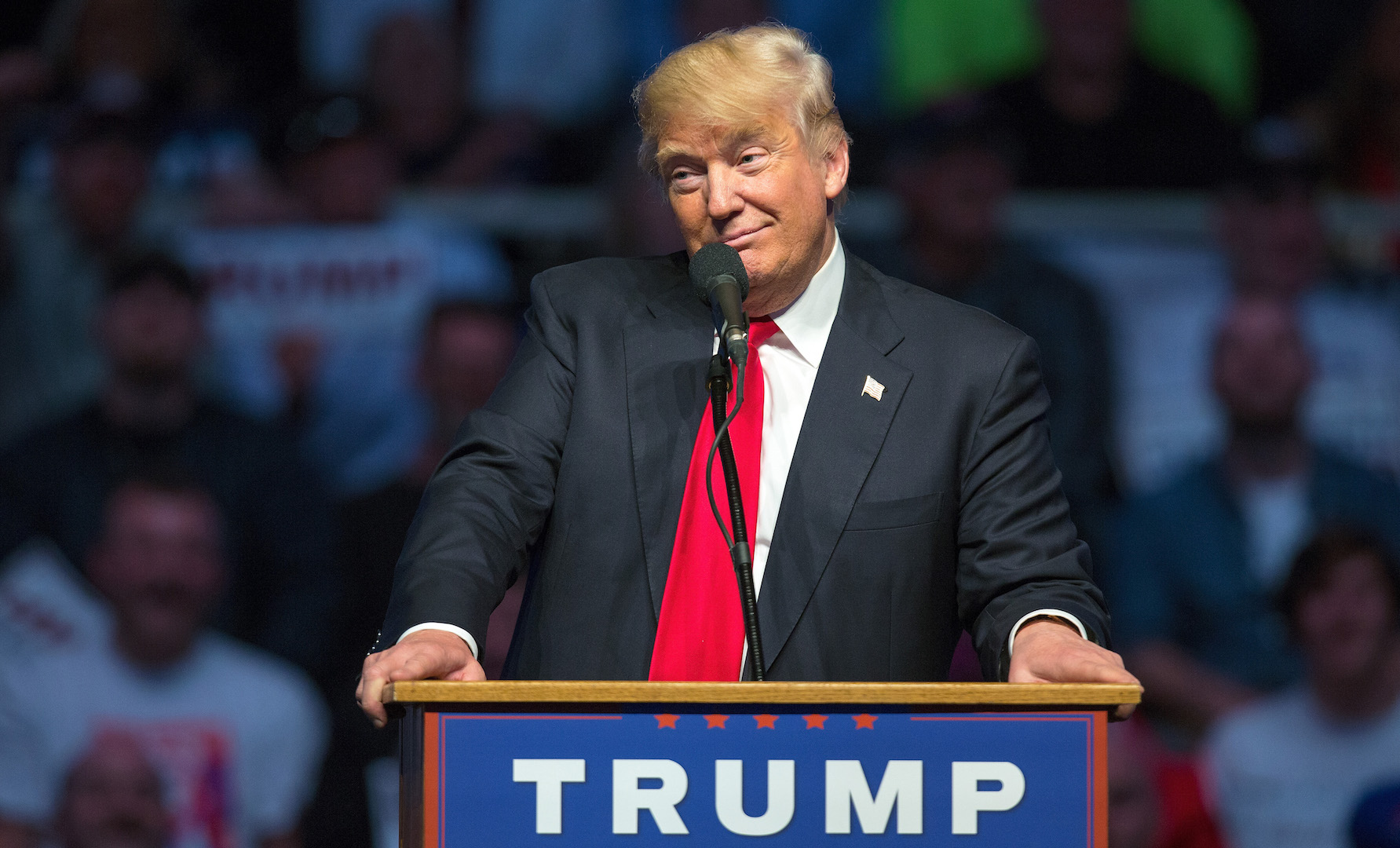

Even before President Trump took office, his promise to bring back jobs to America has, in part, taken on the form of a potential 20% import tariff on cars made in Mexico that get imported into the US. While the proposed tariff’s specifics are still unclear—and whether it will even come to fruition—one thing is for certain: Volkswagen and Ram will be the brands hit hardest, according to Carjojo, a data analysis company that specializes in the automotive market.
Since 57 percent of all Volkswagens sold in the US are made in Mexico, Trump’s proposed tariff would affect the German brand more than any other Mexican-made, US-imported auto brand. It’s not limited to just VW, either: the market for pickups, which are the highest-selling type of vehicle in the US, could be similarly affected with Ram. Given that Chrysler manufactures more than half of the Ram lineup in Mexico—plus its best-selling truck, the Ram 1500—the American brand would also fall victim to the stringent import tariff.
Peter Levy, founder and CEO of Carjojo, said, “Pickup trucks are top-selling vehicles here, and any pricing disruption brought on by the tariff could have massive ripple effects across all brands, no matter where they’re made. Ram can’t raise the price of just the trucks that are made in Mexico—they’ll have to raise the prices on the whole line. And their competitors will then have cover to either raise prices themselves or gain market share.”
According to Levy, if the 20% import tariff does become instated, unaffected automakers—those who either don’t produce cars in Mexico, or only produce some—will have two choices. If, for example, imported Rams get the tariff slapped on, a competitor—Ford perhaps, since it doesn’t produce many vehicles in Mexico—could “do nothing and get a price advantage, essentially poaching business,” which would end up increasing Ford’s market share, or Ford could raise the price of its competitive product altogether. “Maybe not 15-to-20 percent, though,” Levy said. “That extra profit could then be used towards research and development or towards raising money for an EV program, for example.”
While the Trump administration has been relatively mum on the proposed tariff, it may be time to reconsider holding off on a Ram or Volkswagen vehicle.